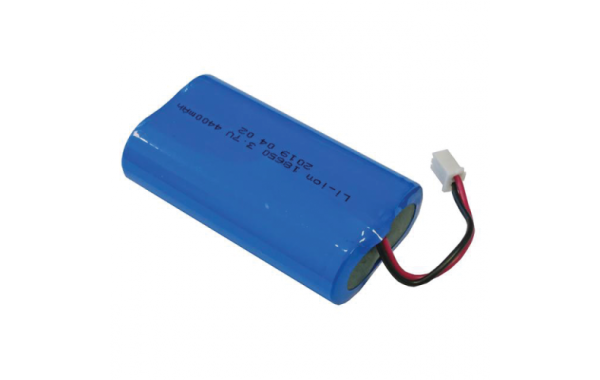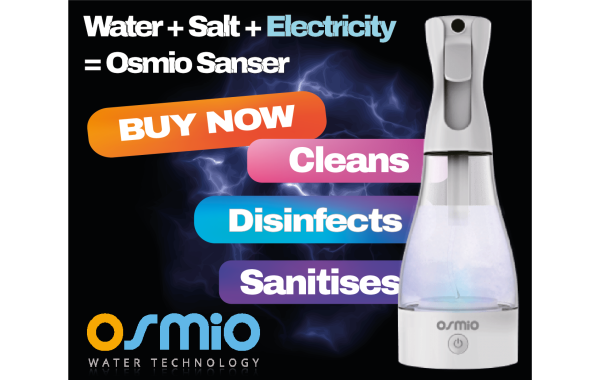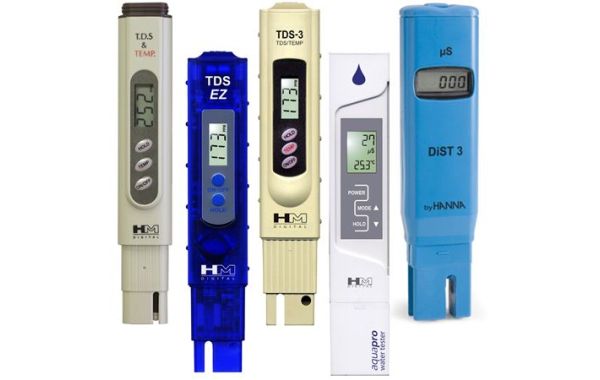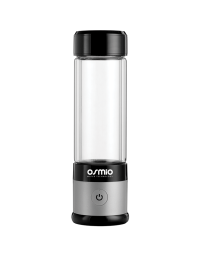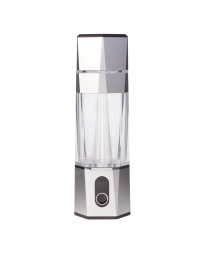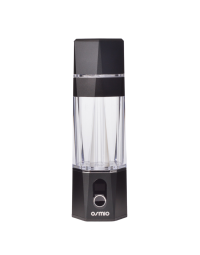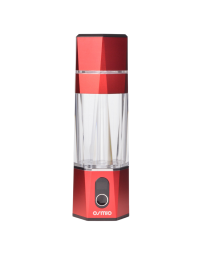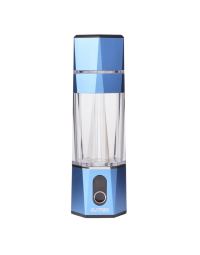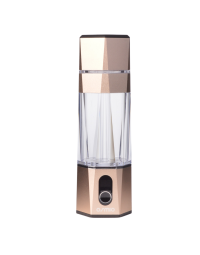Mastering the Lifespan: A Definitive Guide to Caring for Lithium-ion Batteries
Lithium-ion (Li-ion) batteries are renowned for their exceptional energy density and durability. However, without proper care, their performance and longevity can be compromised. This comprehensive guide will equip you with the knowledge needed to optimize the lifespan of your Li-ion batteries and maximize the efficiency of your devices.
Steer Clear of Extreme Temperatures:
Li-ion batteries are highly sensitive to temperature fluctuations. Avoid subjecting them to high temperatures, such as leaving devices in direct sunlight or inside hot vehicles, as this can expedite battery degradation. Similarly, extreme cold can also impair battery performance. Aim to operate devices within the optimal temperature range of 15°C to 25°C (59°F to 77°F) to maintain battery health.
Embrace Partial Discharges:
Contrary to popular belief, Li-ion batteries do not require full discharges before recharging. In fact, frequent deep discharges can diminish their lifespan. Strive to keep the battery level between 20% and 80% for optimal longevity. Avoid allowing the battery to drain completely whenever feasible.
Trust Official Chargers and Cables:
When charging your devices, rely on official chargers and cables provided by the manufacturer or reputable third-party alternatives. Ensure that any third-party accessories meet the specified output parameters outlined in the manual. Cheap or counterfeit chargers may deliver incorrect voltage and current levels, posing risks of battery damage or safety hazards.
Adopt Smart Charging Practices:
Dispelling the myth of needing full charges every time, Li-ion batteries benefit from partial charges whenever convenient. If charging to 100%, disconnect the device once fully charged to prevent overcharging, which can stress the battery and reduce its lifespan.
Store Strategically:
For prolonged storage of devices or spare batteries, maintain them at approximately 50% charge in a cool, dry environment. Avoid storing batteries in fully discharged or fully charged states, as both extremes can contribute to degradation.
Stay Updated with Firmware and Software:
Manufacturers frequently release firmware and software updates designed to optimize battery performance and efficiency. Stay current with the latest updates to ensure effective battery management and prolonged lifespan.
Exercise Caution with Fast Charging:
While fast charging offers convenience, it can generate excess heat, which may degrade the battery over time. Consider utilizing slower charging methods or reserve fast charging for when it's most needed.
Monitor Battery Health:
Leverage built-in battery health monitoring features available in many modern devices to track battery condition over time. Any significant degradation or irregularities should prompt consideration for battery replacement or professional assistance.
Handle with Care:
Prevent physical damage to the battery by handling devices with care. Avoid dropping or subjecting them to excessive force, as this can cause internal damage to the battery cells.
Dispose and Recycle Responsibly:
When the time comes to dispose of or recycle Li-ion batteries, it's crucial to do so responsibly. Many communities have designated drop-off locations for recycling batteries. Additionally, electronic retailers or manufacturers may offer battery recycling programs. Be sure to follow local regulations and guidelines for safe disposal to minimize environmental impact.
By adhering to these guidelines for Li-ion battery care, you can prolong the lifespan and optimize the performance of your devices while minimizing environmental impact through responsible disposal and recycling practices. Remember, prioritizing proper care and maintenance not only preserves battery health but also saves time and money in the long run.

